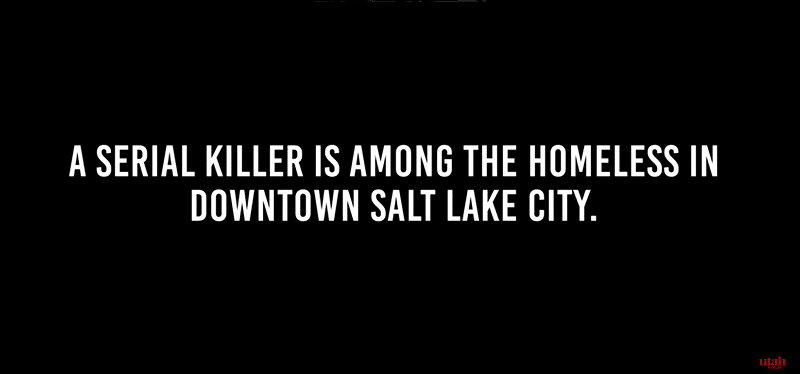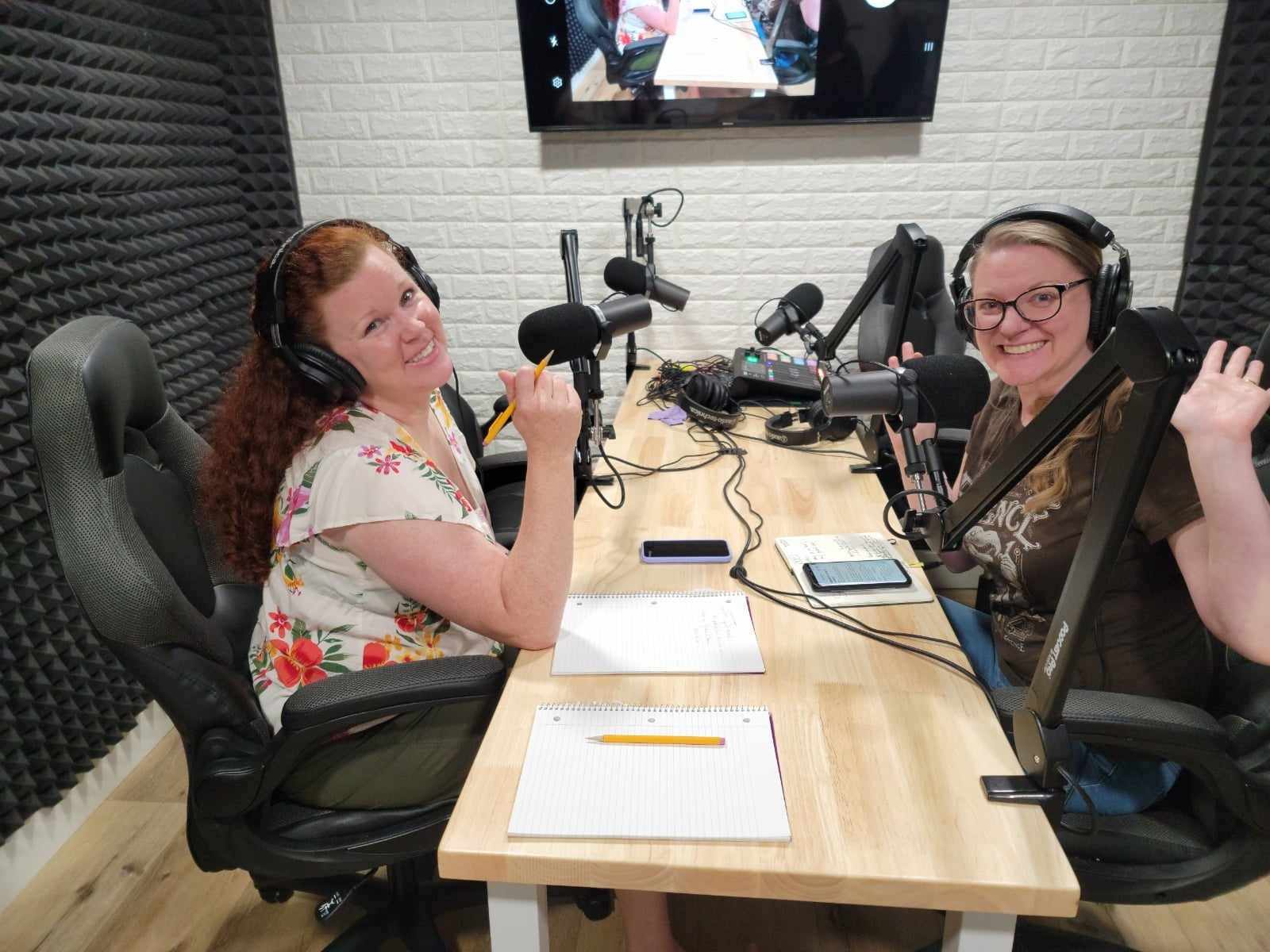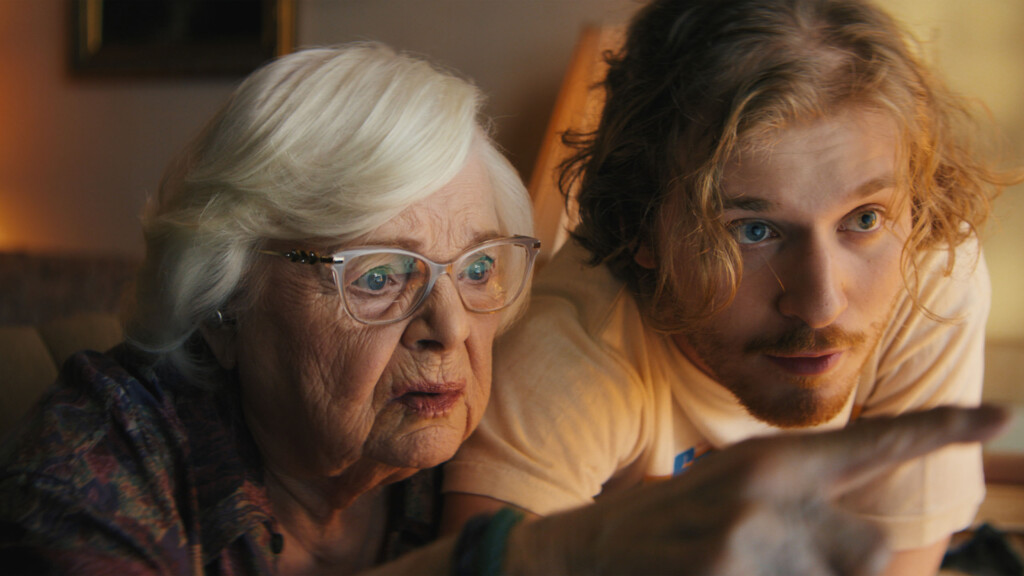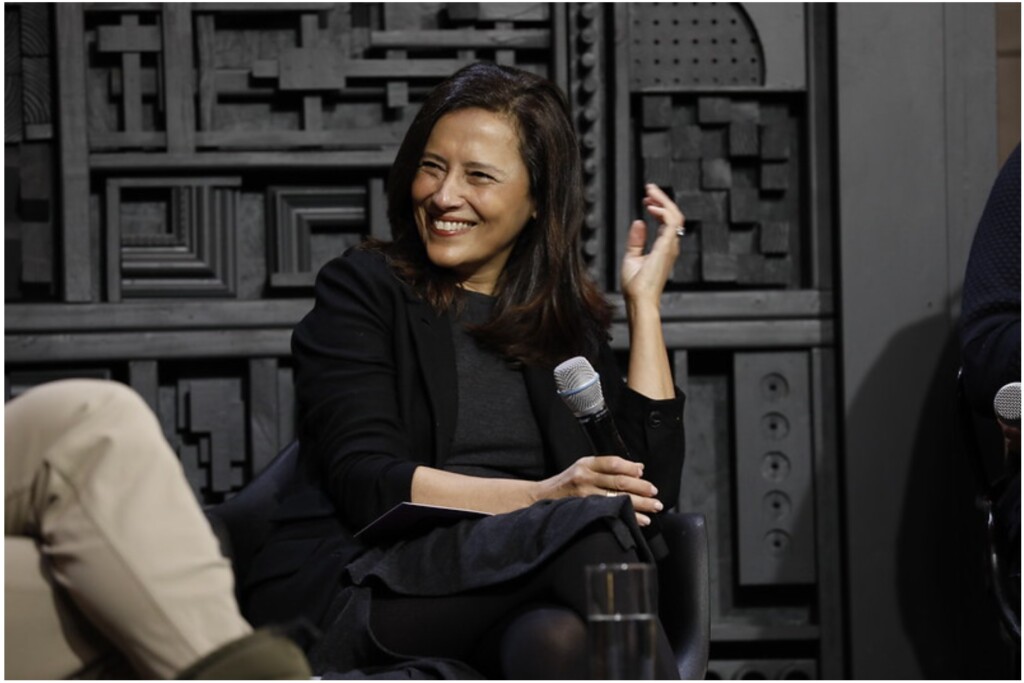In Utah Stories’ ongoing interviews with unsheltered homeless individuals, we learned from two homeless people that up to several dozen homeless people have been murdered in the past eight months. Is this true?
As of Friday, July 27th, The SLCPD is refusing to speak about or provide any statements about the rumored homeless murders occurring in downtown Salt Lake City.
We spoke with investigative journalist Eric Peterson about his reporting on how the lack of trust between the homeless community and the police is impacting their investigation into the 2021 murder of a homeless individual.
When contacted the SLCPD PR department would not go on the record, but only provided a very basic response saying, “there has only been one body found near the Jordan River in the past two weeks, but there was no foul play detected in the death of the individual.” SLCPD tells Utah Stories we must conduct a GRAMA request to gain any additional information in relation to the murders of homeless people that are occurring. According to our two sources, the murders are exceeding four dozen souls. It appears that the lives of the homeless and those who have been squeezed out of the housing market are in peril and the SLCPD made no comment about any ongoing investigations into finding the “serial killer” as one homeless single mother, Brooke, has described.
Watch the whole podcast
RELATED CONTENT
The Other Side Academy in Salt Lake City Reforms Criminals, Convicts, Drug Addicts and Alcoholics
Why “Deeply Affordable” Housing Is Not Being Built in Utah and it Won’t be Built Anytime Soon
Did Salt Lake City Mayor Erin Mendenhall Lie to the Homeless People?
SUPPORT LOCAL JOURNALISM AND SUBSCRIBE TO PRINT MAGAZINE
Subscribe to Utah Stories weekly newsletter and get our stories directly to your inbox






